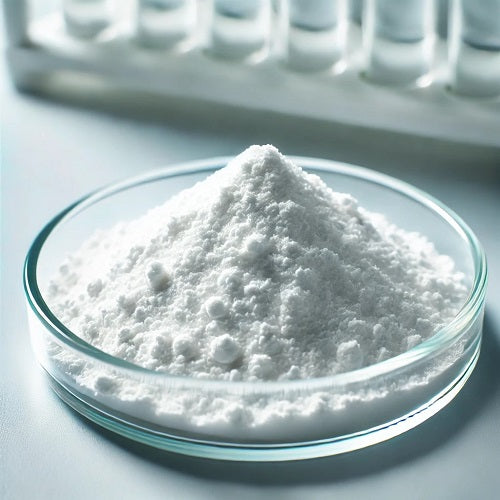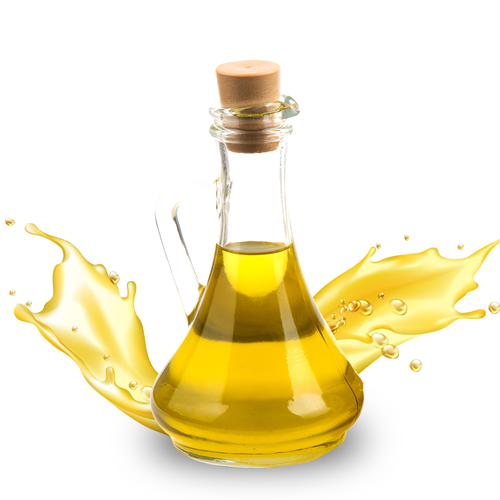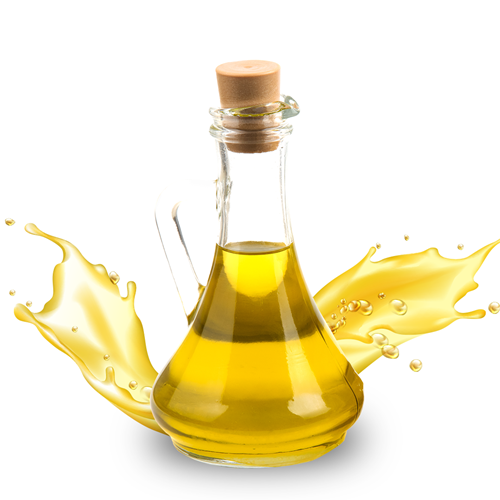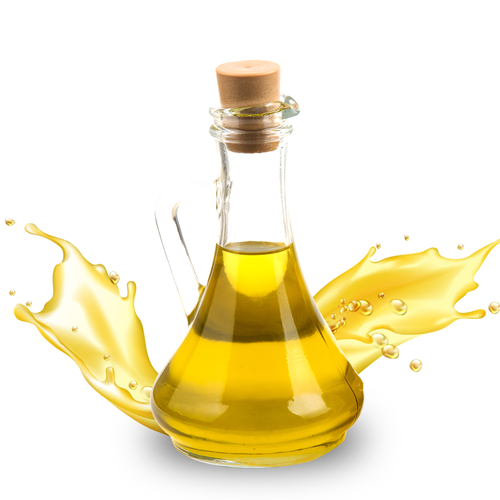Menu
Add description, images, menus and links to your mega menu
A column with no settings can be used as a spacer
Link to your collections, sales and even external links
Add up to five columns
Add description, images, menus and links to your mega menu
A column with no settings can be used as a spacer
Link to your collections, sales and even external links
Add up to five columns
LOOKING FOR BULK INGREDIENTS PRICING?

Benifits Of Sialic Acid - Wholesale B2B Bulk Suppliers in Europe
Understanding Sialic Acid: Functions, Benefits, and Applications
Introduction to Sialic Acid
Sialic acid is a family of nine-carbon acidic monosaccharides commonly found at the terminal positions of glycan chains on the surfaces of cells and glycoproteins. It plays a vital role in numerous biological processes, including cell communication, immune response regulation, and pathogen recognition. Naturally present in animal tissues, dairy products, and certain fermented foods, sialic acid has gained attention for its functional health benefits and industrial applications.
Chemical Structure and Forms
Sialic acids are derivatives of neuraminic acid, with N-acetylneuraminic acid (Neu5Ac) being the most common form found in humans. Other variations include N-glycolylneuraminic acid (Neu5Gc) and O-acetylated forms. These structural differences influence their biological functions, binding affinities, and interactions with other molecules.
Natural Sources of Sialic Acid
Sialic acid is abundant in:
-
Dairy products such as milk and whey proteins
-
Egg yolks
-
Animal tissues including brain and nervous system tissue
-
Colostrum, which contains high concentrations beneficial for infant development
-
Certain fermented foods containing sialylated oligosaccharides
Biological Functions of Sialic Acid
Sialic acid’s significance lies in its diverse physiological functions, such as:
-
Cell Communication – Acts as a molecular "address" in cell recognition processes.
-
Immune Regulation – Modulates immune system activity and prevents autoimmune reactions.
-
Pathogen Binding Prevention – Forms a protective barrier that can block viruses and bacteria from binding to cell surfaces.
-
Neurological Development – Essential for brain growth and cognitive functions, especially in infants.
Health Benefits of Sialic Acid
Research suggests multiple health-promoting effects:
-
Supports Brain Development – Sialic acid-rich diets in infants can promote better memory and learning ability.
-
Enhances Immune Defense – By preventing pathogen adhesion, it contributes to immune protection.
-
Anti-Inflammatory Potential – May help reduce inflammation by regulating immune cell signaling.
-
Skin Health – Contributes to cell hydration and anti-aging effects when used in cosmetics.
Industrial and Commercial Applications
Sialic acid is widely used in:
-
Infant Formula – Enriched to mimic the sialic acid content of human breast milk.
-
Nutraceuticals and Functional Foods – For immune and brain health support.
-
Pharmaceutical Research – In vaccine development and antiviral drug formulation.
-
Cosmetic Products – To improve skin hydration, elasticity, and reduce signs of aging.
Future Research Directions
Ongoing studies aim to better understand sialic acid’s role in disease prevention, particularly in neurodegenerative disorders such as Alzheimer’s and in cancer cell signaling. Its use as a biomarker for certain diseases is also being explored.
Final Thought
Sialic acid is more than just a sugar molecule — it’s a crucial biological component with significant implications for human health, nutrition, and biotechnology. From supporting infant brain development to enhancing immune defense and skin health, its potential applications continue to expand. As research progresses, sialic acid may play an even greater role in preventive healthcare, functional food formulation, and therapeutic innovation.
For bulk orders and inquiries, visit Reveda - Sialic Acid
BUY ONLINE IN USA FROM REVEDA - The leading manufacturer B2B Bulk Wholesale Supplier of Sialic Acid in Europe
Also in Reveda: Health & Wellness

Benifits Of Omega-3 Fish Oil EE - 460 MG/G EPA & 180 MG/G DHA - Wholesale B2B Bulk Suppliers in USA
Read More
SUBSCRIBE NOW ...
Don't miss to get latest updates on sales, new releases and promotions

